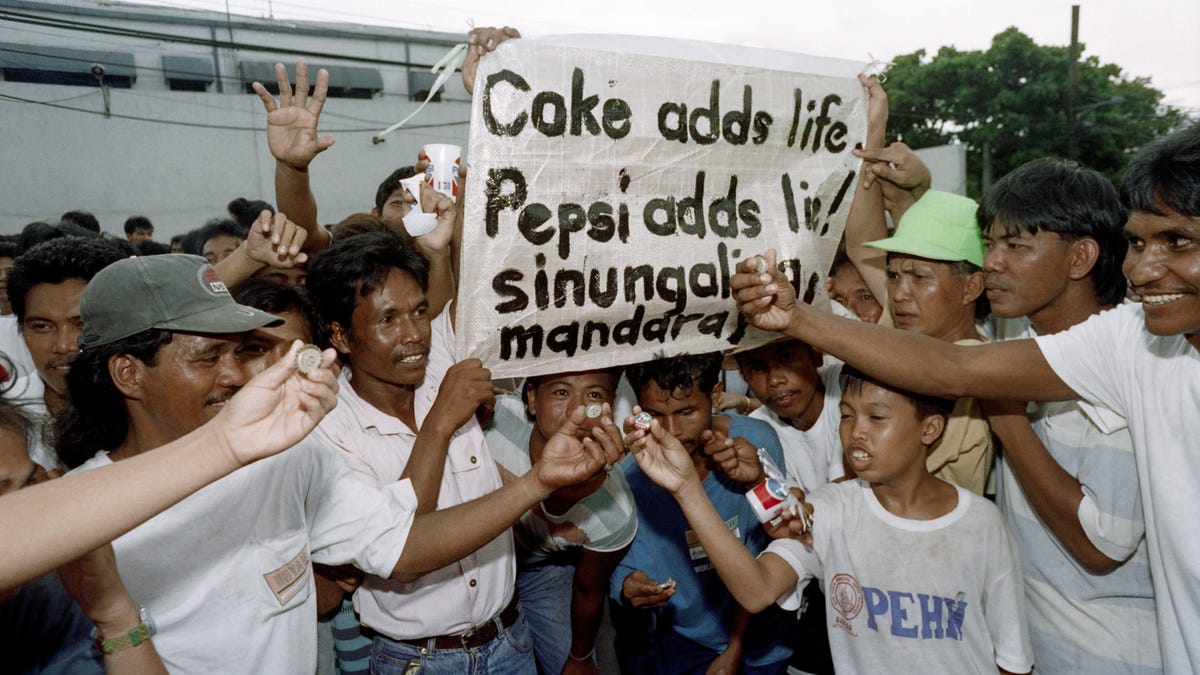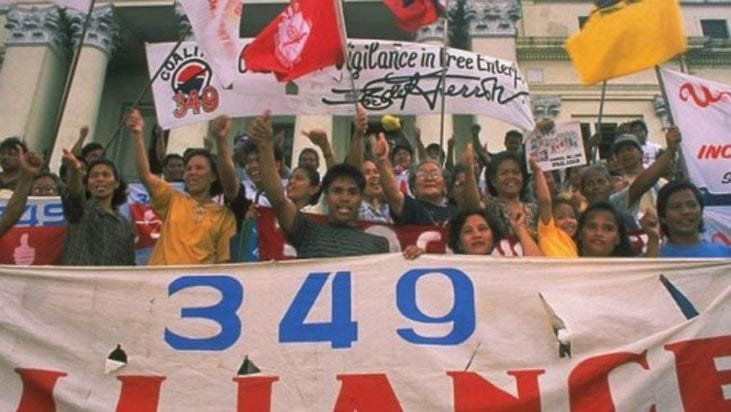On the night of May 25, 1992, it is estimated that 70% of the inhabitants of the Philippines were tuned into their TVs. The spotlight was on the reveal of the winning entry in a massive Pepsi competition, set to be announced on the Channel 2 news show in Manilla. The competition, which had spanned four months, was eagerly anticipated.
Specific Pepsi bottles held three-digit numbers under their caps. Each evening, the day's victorious number would be revealed on the TV as part of Pepsi's "Number Fever" campaign. While most prizes were modest - a mere 100 pesos, or roughly $5 - the grand prize night of May 25th was a different story. Only two bottle caps nationwide held the coveted number for the Grand Prize.
The economy in the Philippines was strained, and poverty was common. Each of the two Grand Prizes was valued at a million pesos - roughly equivalent to $40,000, a staggering sum in 1992. Considering the average Filipino family's monthly salary was $100, a victory was seen as life-altering.
The competition whipped the nation into a frenzy. Children hunted high and low for bottle caps, families hoarded Pepsi caps, and folks even went dumpster-diving. Physical fights broke out over found caps. The "Number Fever" of Pepsi gripped the nation, leading to an extension of the contest for five additional weeks. The reveal of the winning cap number that night captivated the nation.

The critical moment arrived: the winning cap number in Pepsi's Number Fever was disclosed - number 349.
Joyful shrieks were audible in one neighborhood, then another, and another. But confusion arose - only two Grand Prizes were available. As it happened, a technical error had caused the winning number, 349, to be printed under 800,000 bottle caps. Hundreds of thousands of Filipinos now believed they were millionaires. Some even possessed dozens of caps with the number 349.
But when these supposed winners arrived at Pepsi's plants to claim their prizes the next day, they were denied entry and told no prizes would be awarded due to an error.

The result was public outrage and subsequent riots. Protests and boycotts sprang up against Pepsi, who stated that only two caps held a special security code that identified the true winners. However, no such information about a security code had been included in the promotional material. Pepsi was compelled to erect barbed-wire fences around their facilities, and homemade bombs were thrown at their plants.
The Number Fever promotion was meant to be a light-hearted way to boost Pepsi's profits, and indeed, their market share rose from 19% to 24%. Sales saw a 40% surge during the contest, with bottling plants working overtime. The total planned cost for the promotion was a manageable $2 million. However, the unfolding chaos made Pepsi executives fear for their safety.
Moreover, honoring the 800,000 bottle caps printed with the number "349" would cost Pepsi a staggering $32 billion, a figure close to the Philippines' GDP of $52 billion that year.
At a 3 a.m. emergency meeting, Pepsi executives decided to offer a "goodwill gesture" of $20 to anyone with a "349" bottle cap. This cost Pepsi approximately $10 million, and while some accepted the offer, others did not.

Many insisted that Pepsi, as a global corporation, should bear the brunt of their mistake. Pepsi disagreed, and the riots intensified. Over 35 Pepsi trucks were set ablaze and overturned. Pepsi executives were forced to hire bodyguards as death threats increased. Grenades were even thrown, resulting in five fatalities and numerous injuries.
Pepsi faced thousands of legal actions, including a class action suit for $400 million. The Philippine Department of Trade intervened, fining Pepsi 150,000 pesos and tightening regulations for contests. The term "349ed" came to signify being swindled.
The outrage eventually cooled, but legal battles persisted. By the end of 1994, 689 civil suits and 5,200 criminal complaints had been dismissed. Some cases continued until 2006, when the Philippines Supreme Court ruled that Pepsi hadn't been negligent and wasn't liable for damages due to the error.
Thirteen years after the event, the storm surrounding Pepsi's Number Fever finally subsided. All of this chaos stemmed from a small, seemingly innocent bottle cap.



















